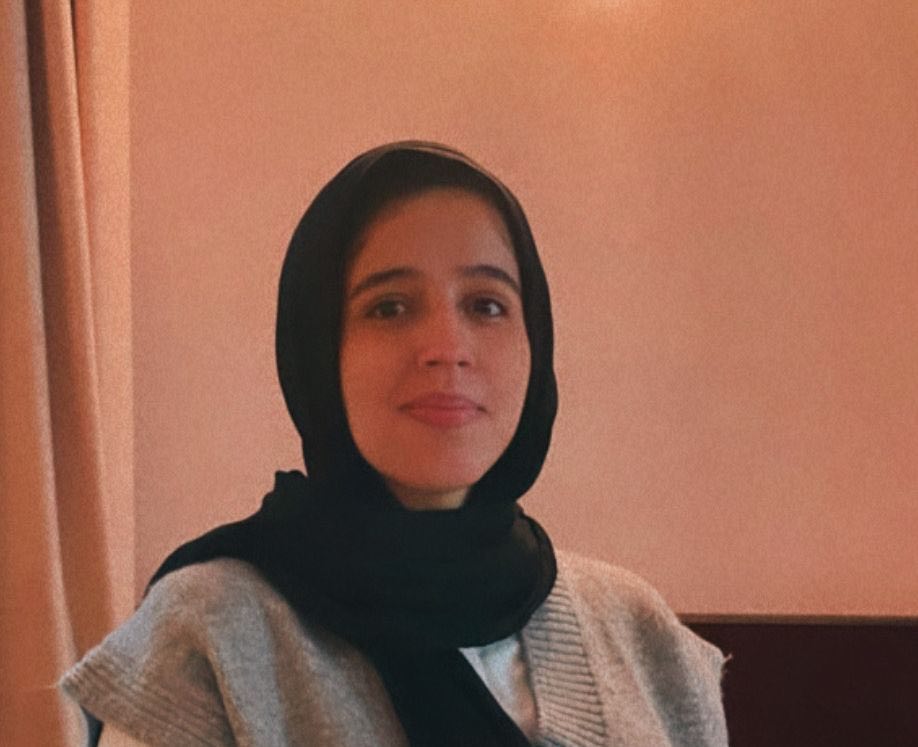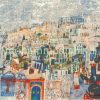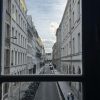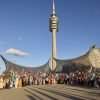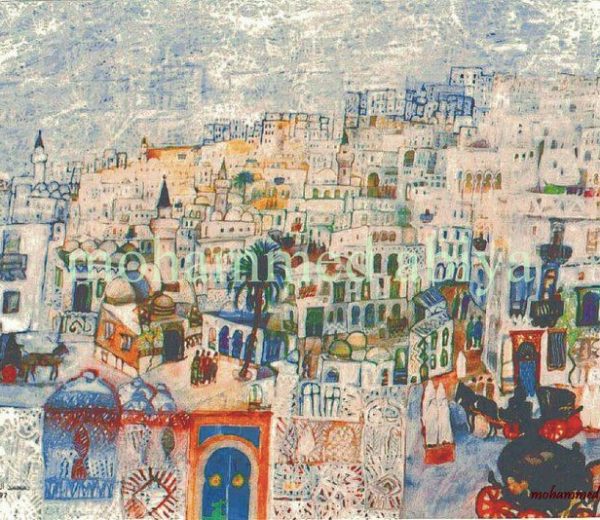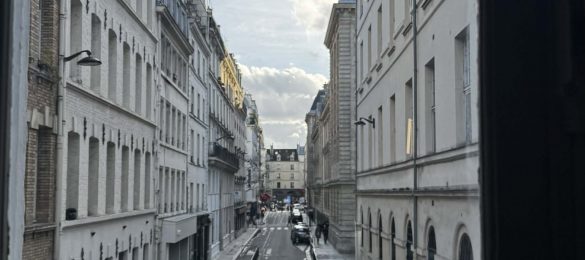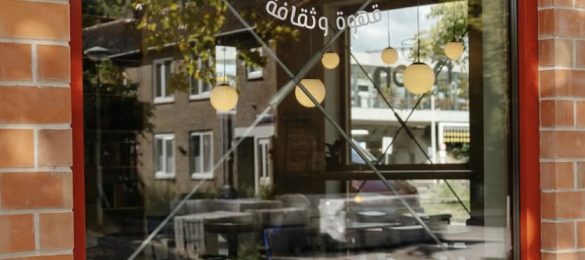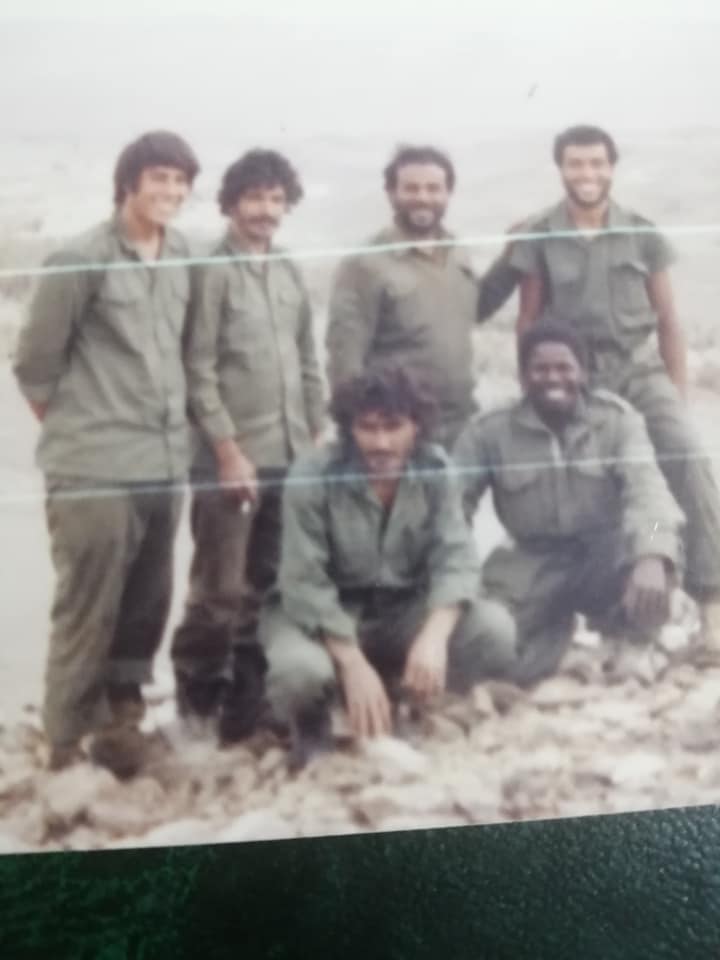
Chad war is a memory that may ended. Nevertheless, it is still revisited in political conversations and debates. The Chadian–Libyan conflict was a series of military campaigns in Chad between the period of 1978 and 1987. Fought between Libyan and allied Chadian forces against Chadian groups. Supported by France, with the occasional involvement of other foreign countries and factions. In this article, I will share testimonies from three former officers who were part of the war and they shared their stories and reflections away from politics.
First Testimony: Still Haunted by War
Mr. Hussein, prefers not to mention his last name, went to Chad right after his graduation as a military pilot. He was only 21 years old and was directed and ordered to head to Aouzou base. ”I remained for three years in war and faced everything.” Mr. Hussein explained. He participated in the liberation of Aouzou and the battle of Al-Sarah. Where he was wounded and he conducted many tasks inside Chadian territories. He stayed for 3 years in a war. While I was interviewing Pilot Hussein, I wanted to understand his experience within the conflict. It surely has a great negative psychological impact. I asked him if he talked about his experience amid being back in Libya and I quote ”I am usually discreet and do not like to talk about military matters and rarely do I talk about it”.
There are many situations in which he does not forget. Especially, including those who sacrificed their lives in order to save his comrades. He is still haunted by that experience. For example, in nightmares, sleep deprivation, anxiety and and exhaustion. The healing process is not complete yet. In addition, I was contacted by someone who told me that her father passed away because of post-war depression. Sadly, this side of the story is not being discussed online or offline. It is still considered a taboo.
Finding Joy Away from Conflict
The conversation went and on. I was curious to know if they had ”happy” memories and Pilot Hussein narrated a funny story. ”Our comrades in the forces were raising chickens, and a hen. It entered the tent of command, and made a mess. So he took the gun and killed it. Thus, the hen remained alone. So they went to another location and had a wedding for the hen.” It was funny to hear the story and the fact that comrades found joy in despair.
He said that after that, during the period of time, the chicks hatched and became a family. In addition, comrades used to make musical instruments out of a big oil can with wood and strings in it, and they would play it and sing Merskawi. It is like playing the symphony of life in the midst of death and fear. Also, the only mean of communicate was letters and pilots were the mailmen. When they had the chance to go back home, they would return with tens of written letters.
Second Testimony: The Kind Teacher
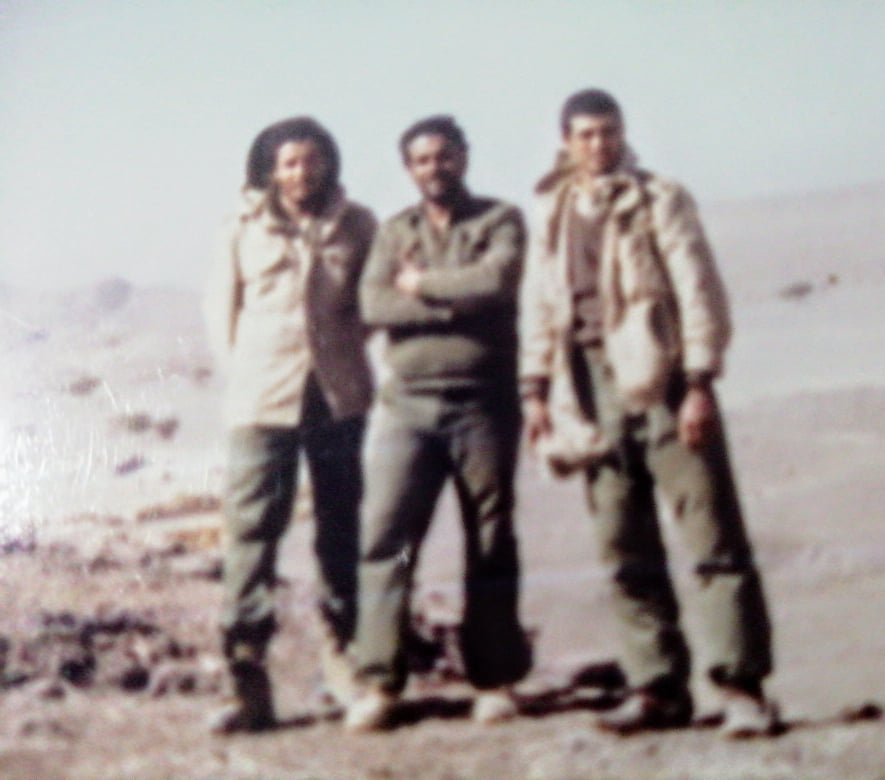
Mr. Abdullah Zagoop is another man who went to war forcibly. The story and what it is, he was never a fan of militarism or carrying weapons. Even when he graduated from the university in 1985. He was appointed as a teacher for one of the subjects in the Military College.
Despite some temptations, he refused and did the impossible in order not to implement the decision. This was in 1981, and so Mr. Abdullah was appointed as a teacher in a High school in his city. Until the summer of the year 1983. He was returning from a trip from Cyprus to attend the wedding of his brother and one of his friends. So some men gave him the military salute many times. He asked one of his brothers on what was happening because it was confusing. His brother refused to tell him the tragedy because he knew that he hated the military.
Following the insistence, Gaddafi issued a new decision titled ”Officer Teacher”, which was directing teachers to be officers’ teachers for military barracks _ high schools and intermediate institute. This was what and after strenuous attempts to fail them, we could not. Thus, he joined In a college called ”The armed people” for two whole years. Mr. Abdullah was just 27 years old at the time _ the news was shocking to everyone. The decision was to land the supplies at Aouzou Airport, and not the war.
He remained there for six months. Not leaving a gap between the period of his graduation in 1985 and the decision to go to Chad in 1986. This is exemplified by the addition that he has been director and commander of the barracks for a year. It is when the decision was issued for the arbitrary transfer of students under the pretext of landing goods.
As a barrack commander, he was keen that non of his students get hurt. Despite all the tragedies and appeals for the return of the students and the armies, all of this was wasted. Many students died and many were homeless as a result of families, and many of them became disabled.
Third Testominy: The Adventerous Officer
Mr. Kamal Abuzaid went to Chad in varying periods. The first was when he was 20 years old in 1979 and he stayed for a month. The second was in 1984 and he stayed for four months and returned home for about three months. He then returned in 1985 and stayed for 9 months until 1986 before the events of the Dom. It was not a war, then I came back in 1987 during the liberation of Aouzou, and he stayed there for five months until 1988, meaning roughly, his age reached 29 years of age.
When he got the news, officers were on a high level of training. Every time there was a different feeling, depending on the companionship and the time of the operation. Each trip has its own circumstances, but in general it is a time that the feeling differs from the others, but the common factor is why did someone else do the task? Why not me? the truth was this was most of the comrades feeling.
He described that the effect of being in Chad that it was not completely terrible. Perhaps because he loves adventure and he found in it what he wanted. By the way there was no continuous fighting. There were some unequal battles, but life and presence in these circumstances are very primitive and an environment repellent to the point that we say that the land is fighting with its people.
Mr. Kamal talked a lot about Chad and on many times since his his return. He explained that following that period and they are trying to dominate Libya’s capabilities. Also, reward those who contributed to the destruction of Libya from the Chadians that granted the right to exploit the gold mines in the Libyan south.
Neglecting the War
”It was forbidden to talk about war. Despite promises of compensation for that period; we were not granted anything. Except for our basic salary, which we used to receive from education, not from the army”, Mr. Abdullah added. Mr. Abdullah remembers vividly while they were on a hill in their tent listening to Gaddafi delivering speeches on the occasion of the Evacuation Day. Gaddafi said in his speech: We do not have forces in Chad. So Mr. Abdullah told those around him: You were sold cheap”.
Conclusion
As for Libya, it allowed the West to study Libya’s military capabilities, which contributed to the dismantling of these forces. It should be noted that the purpose of the entry of the Libyan forces into Chad is to please Gaddafi because of his vanity, or to control uranium, or for colonial purposes. All this is in the context of psychological warfare to destroy the morale of soldiers and their leaders. The enemy’s intelligence has also been able to infiltrate the supply and administration lines so that they can discredit the combatant in his commanders. Due to the whims of Gaddafi without a specific goal, the Ouzo region was eventually handed over to Chad.
Many officers agree that as for the impact of the war on Libya and the Libyans, it is a tremendous loss of lives and material matters. Libya has lost tens of thousands of its sons. Many never returned and their families considered them dead. While others remained hopeful until this day. It could be further addressed from the personal experiences perspective. Hearing their stories and understand their feelings. Also, through addressing mental health question which was under shadowed. What happened to those who came back? Who cared about their mental health status? I personally believe that there is still a huge gap when we talk about Chad War (The Chadian-Libyan Conflict). There should be more investigation and documentation from the war.
